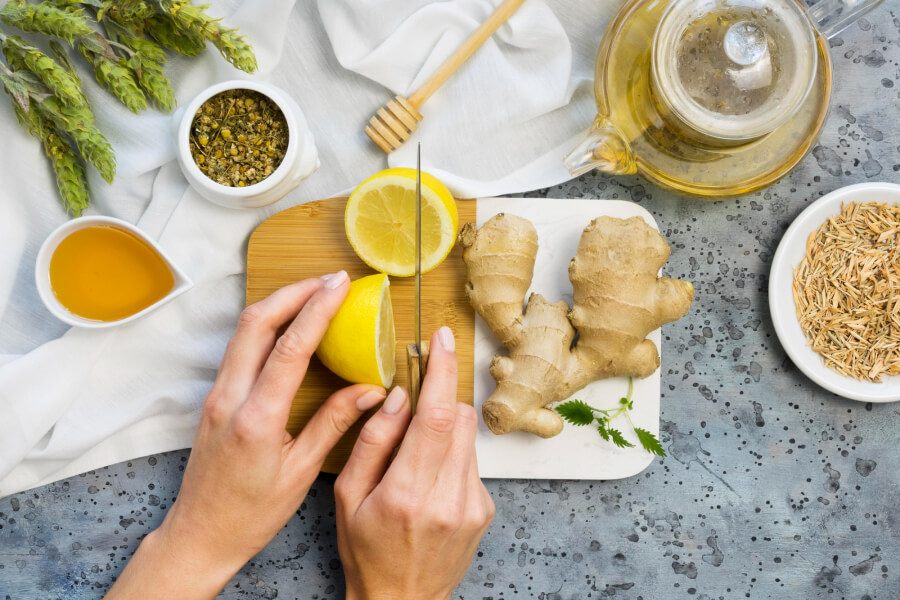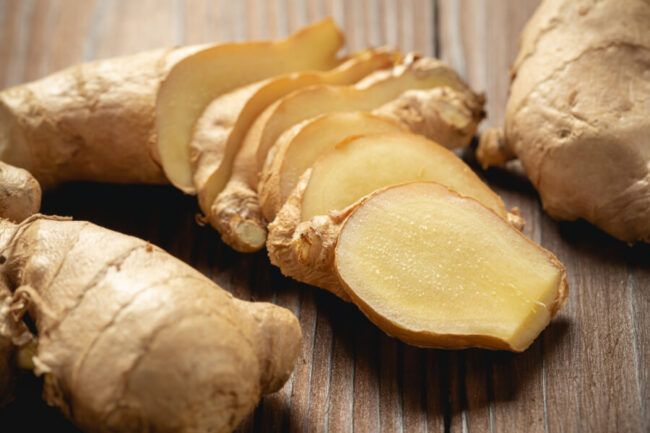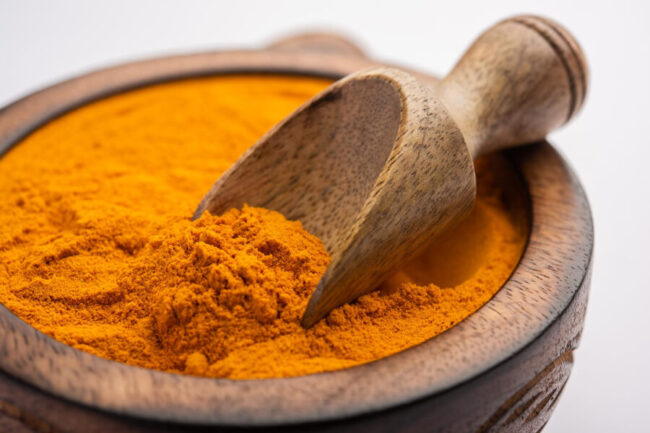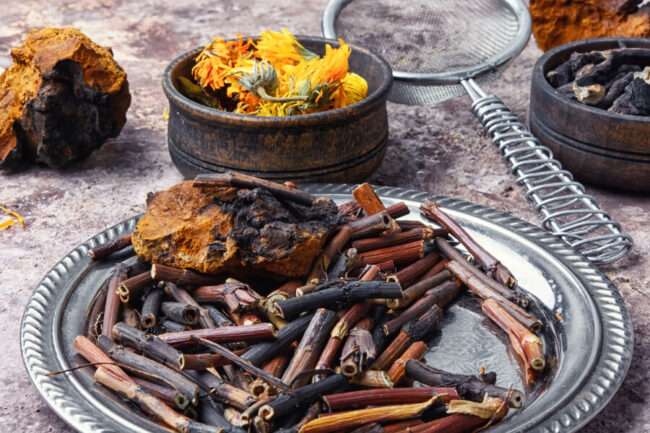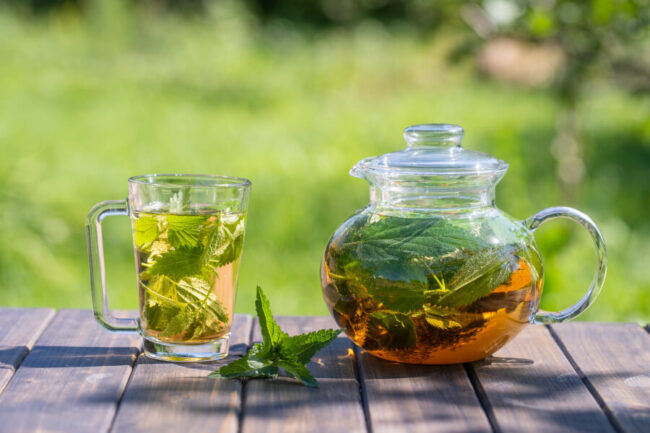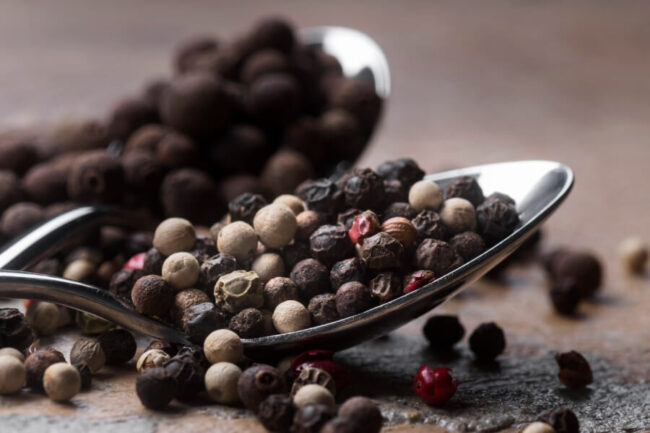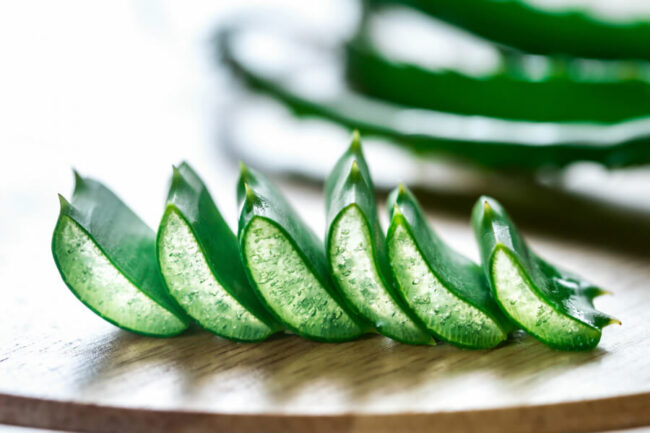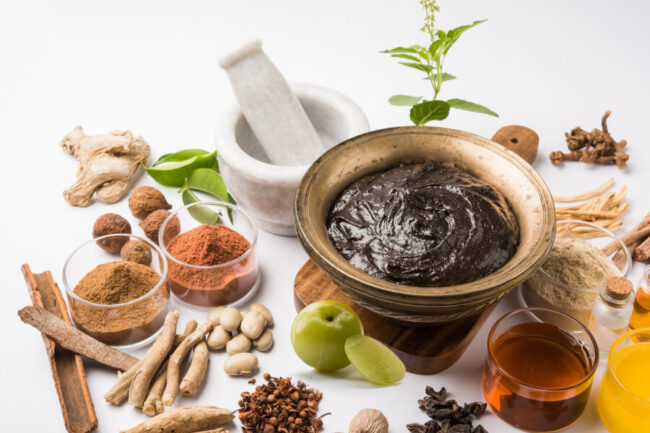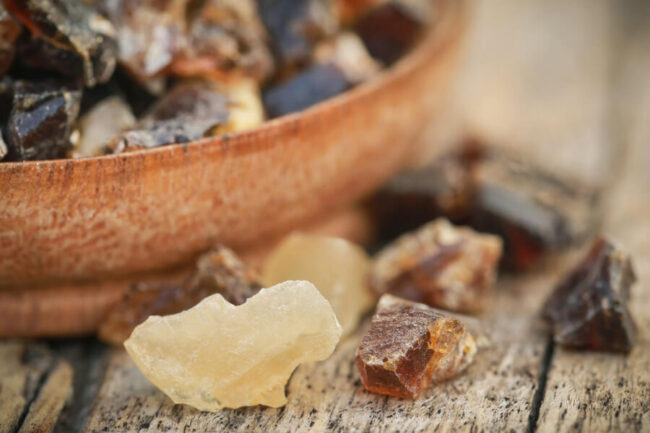Knee discomfort can be a real pain, literally. Whether it’s due to arthritis, overuse, or just the wear and tear of everyday life, finding relief can sometimes feel like a never-ending quest.
Instead of reaching for that bottle of painkillers, why not explore effective natural alternatives?
Inspired by the wisdom of Grandma’s green garden, here are ten herbal remedies that can help ease knee discomfort, making your journey to pain-free knees a little greener and a lot more pleasant.
10 Herbal Remedies for Knee Discomfort
Ginger
Ginger is not only a spicy addition to your favorite recipes, it’s also a powerful anti-inflammatory. The compounds in ginger, particularly gingerol, have been shown to reduce inflammation and pain.
How to use: You can incorporate ginger into your diet by adding fresh ginger to smoothies, teas, and meals. Alternatively, ginger supplements or extracts can be taken for a more concentrated dose.
Turmeric
Turmeric is a bright yellow spice that’s a common ingredient in many kitchens. Its active ingredient, curcumin, has powerful anti-inflammatory and antioxidant properties.
How to use: Turmeric can be added to curries, soups, or even smoothies. For those who find the taste too strong, turmeric supplements are available. Combining turmeric with black pepper improves absorption, so consider adding a pinch of pepper to your turmeric-infused dishes.
Eucalyptus Oil
Eucalyptus oil is known for its soothing properties, especially in relieving joint and muscle pain.
How to use: Apply a few drops of eucalyptus essential oil to a carrier oil, such as coconut or olive oil, and gently massage into the knee. The cooling sensation may help reduce pain and inflammation.
Arnica
Arnica is a flowering plant that has been used for centuries to treat pain and inflammation. It is especially effective for treating bruises, sprains, and general joint pain.
How to use: Arnica is commonly available in creams and gels. Apply a small amount to the affected knee discomfort area, making sure to follow the instructions on the product label.
Comfrey
Comfrey has been used traditionally to heal wounds and reduce pain and inflammation.
How to use: Comfrey can be found in a variety of ointments and creams. Apply it to the knee discomfort area as directed, but be careful as comfrey should not be applied to broken skin or ingested.
Green Tea
Green tea is packed with antioxidants and anti-inflammatory compounds that can help reduce joint pain and improve the overall health of your joints.
How to use: Drink 2-3 cups of green tea daily. You can also use chilled green tea bags as a compress on the affected knee for added relief.
Black Pepper
Black pepper, especially in combination with turmeric, can significantly enhance the anti-inflammatory effects due to piperine, an active compound in black pepper.
How to use: Sprinkle black pepper on your meals or take it with turmeric supplements to optimize their effectiveness.
Aloe Vera
Aloe Vera is known for its healing and anti-inflammatory properties. It’s particularly effective for soothing skin conditions, but it’s also beneficial for joint pain when used topically.
How to use: Apply pure aloe vera gel directly to the knee. You can also find aloe vera in various topical creams and ointments designed for pain relief.
Ashwagandha
Ashwagandha is an adaptogen herb known for reducing stress and inflammation. It’s particularly beneficial for chronic conditions like arthritis.
How to use: Ashwagandha is available in powder, capsule, and tincture forms. Incorporate it into your daily routine according to the product’s instructions for best results.
Boswellia
Boswellia, also known as Indian frankincense, has been used for centuries to treat chronic inflammatory conditions.
How to use: Boswellia supplements are widely available. Follow the recommended dosage on the product label, or consult with a healthcare provider for personalized advice.
Knee Discomfort Exercises
Regular exercise is obligatory for managing knee discomfort. Here are some exercises that can help strengthen the muscles around your knee and improve flexibility:
Quadriceps strengthening: Sit on a chair with your back straight. Slowly straighten and lift one leg, hold for a few seconds, then lower it. Repeat with the other leg.
Hamstring curls: Stand and hold onto a chair for balance. Lift one heel toward your buttocks, hold, then lower. Switch legs and repeat.
Calf raises: Stand with your feet shoulder-width apart. Slowly raise your heels off the ground and then lower them back down.
Leg Raises: Lie on your back with one leg bent and the other straight. Lift the straight leg to the height of the bent knee, hold, then lower.
Knee Discomfort Exercises to Avoid
While exercise is beneficial, certain activities can exacerbate knee discomfort. Here are some to avoid:
High-Impact Activities: Running and jumping can put excessive stress on the knees.
Deep Squats and Lunges: These can strain the knee joints, especially if not done with proper form.
Full-Arc Knee Extensions: Avoid machines that require you to extend your knee fully against resistance.
Conclusion
Knee discomfort can be significantly reduced by incorporating these herbal remedies and exercises into your routine. However, it’s important to remember that while natural remedies can be effective, they should be used to supplement – not replace – professional medical advice and treatment. Before starting any new treatment, especially if you have an underlying health condition, always consult your healthcare provider.
FAQs
Are herbal remedies safe for knee discomfort?
Herbal remedies are generally safe for most people when used as directed. However, it’s essential to consult with a healthcare provider before starting any new treatment, especially if you have allergies or are taking other medications.
How long does it take to see results from herbal remedies?
The time frame can vary depending on the individual and the severity of the knee discomfort. Some people may experience relief within a few days, while others might take several weeks to notice significant improvements.
Can herbal remedies help with chronic knee conditions like arthritis?
Herbal remedies can be particularly beneficial for chronic conditions like arthritis due to their anti-inflammatory properties. However, they should be part of a comprehensive treatment plan that includes diet, exercise, and possibly other medications or therapies as advised by a healthcare provider.

